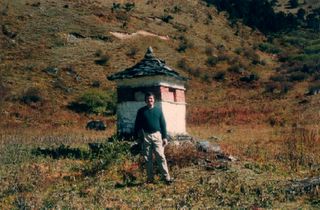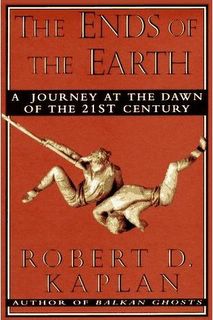
Prague streetcar dream
About 5 days ago I had a very vivid dream set in Prague, in the Czech Republic. It starts out with me riding on a streetcar going north within Prague.The number on the tram was 81.From the beginning the dream did not feel like a dream. It felt like I was indeed riding on a streetcar in Prague.
All the details unfolded just as in waking life; the sound of acceleration, of the doors opening, moving from stop to stop. I was talking to a friend. I had somehow set aside a coat, a wool cap and a dark file folder containing all sorts of papers, like resumes, and transcripts etc. I got off at a stop, in this conversation with a friend, forgetting to grab these items before getting off.
Somehow I begin running up the route , trying to reboard. and thanks to street lights, and scheduled stops, I finally catch up with it , and reboard the same car. I somehow communicated with an attendant what I was looking for and underneath the seats, at the very back of this two segment tram, I find the folder. Then I walk grabbing bars and over head bars , to the front and find my coat, buried under a pile of coats, with the cap tucked in a pocket.
At this point, having no wish to keep going further north I get off at the first chance I can. Upon disembarking I find I am in a far northern part of Prague, I had never been in before. Across the street I note , there is no discernible stop for an 81 tram going south. I begin walking around to try to get some sense of where I am. I walk east on a broad avenue.For a while the south side of this street has multi story buidings lining it. But then there is a gap through which I see a view.
I see that there is a wide valley between this part of Prague, and further south, with a east-west highway and train track running parallel to the street I am on. Meanwhile, as all this is unfolding it is turning from mid-afternoon to late afternoon. The sun is moving across the sky, and the quality of light in the air changes as it does as time goes by, in any sunny day.
On the north side of the street I notice an Art Museum. I go over to it just to check it out. This street is hilly so the yard has a concrete wall, so that at the high part of the block it comes to street level, but at the low part it is higher than ones head. This means, the property the Museum is on is level of course. There is little grass, growing in some of the cracks on the concrete wall. Little details like this have me experiencing this not as a dream, but as really walking around in Prague.
Next I head back up to where I got off, and then head west. I come to a street that has more residential type housing. There is a what looks like a small school or Art institute. I run into a young Czech woman on the walkway entrance and say Good Day, and also Wie Gehts. She doesn't speak English or German, so this sally gets nowhere, but she points to the building so I go inside and meet a young Czech man named Lada who speaks English. He has a 13 year old son who asks me how long I was on 81 before I got off. "Was it 12 or 15 minutes? After further explanation they drop what they are doing, we go out to a square, and they get on a different street car that takes us all to another square, where they point out a stop for #81 going south.I thank them profusely, and then after a time get on a southbound #81. Finally I arrive in a familar part of Prague. I get off, and somehow I have left my coat on the tram again. Yikes!
At this point I began leaving the dream, and found myself in my bed.
What struck me about this dream was its essential undreamlike nature. Colors and details were as precise and as vivid as moving around in Prague in waking life. When I woke up I felt like I had been in Prague for the last few hours, rather than in a dream.












